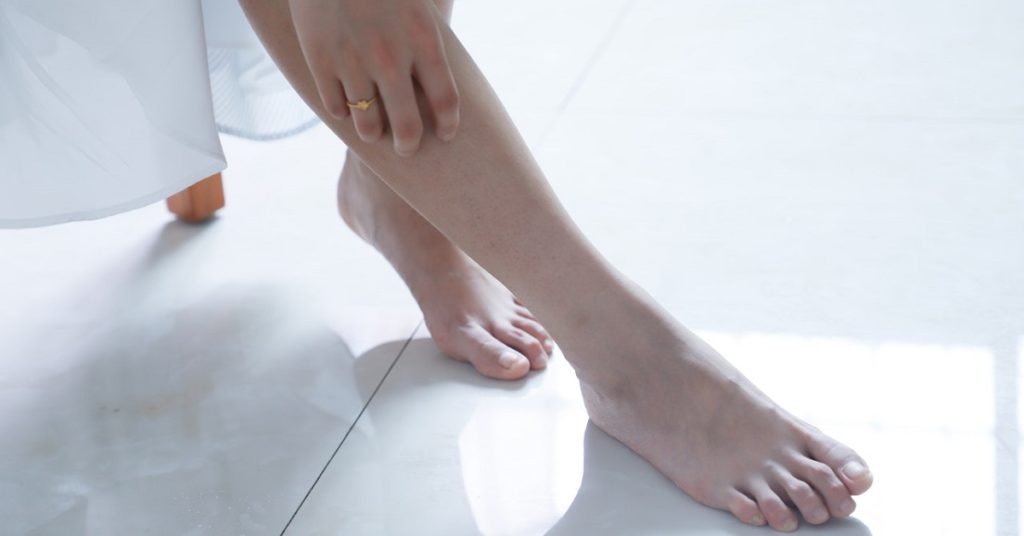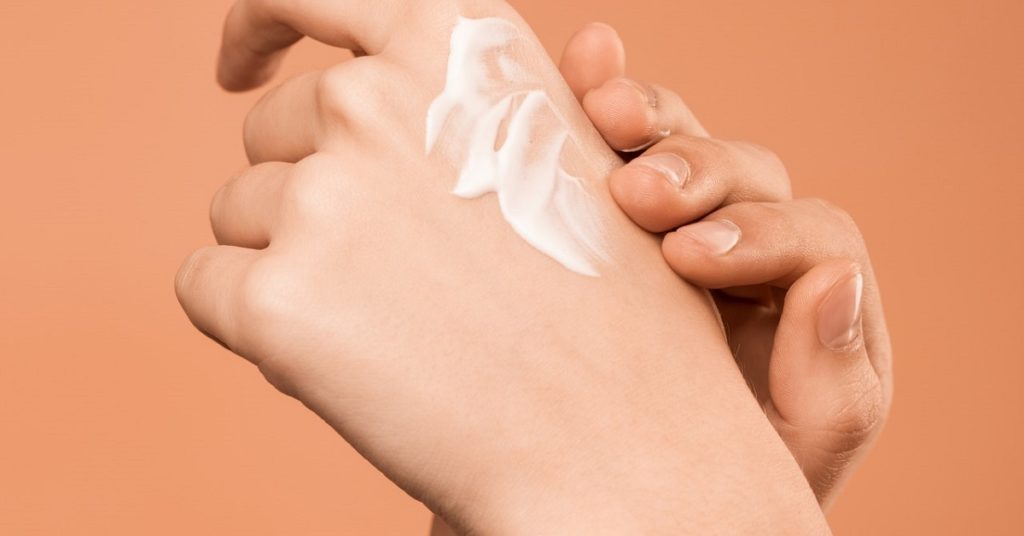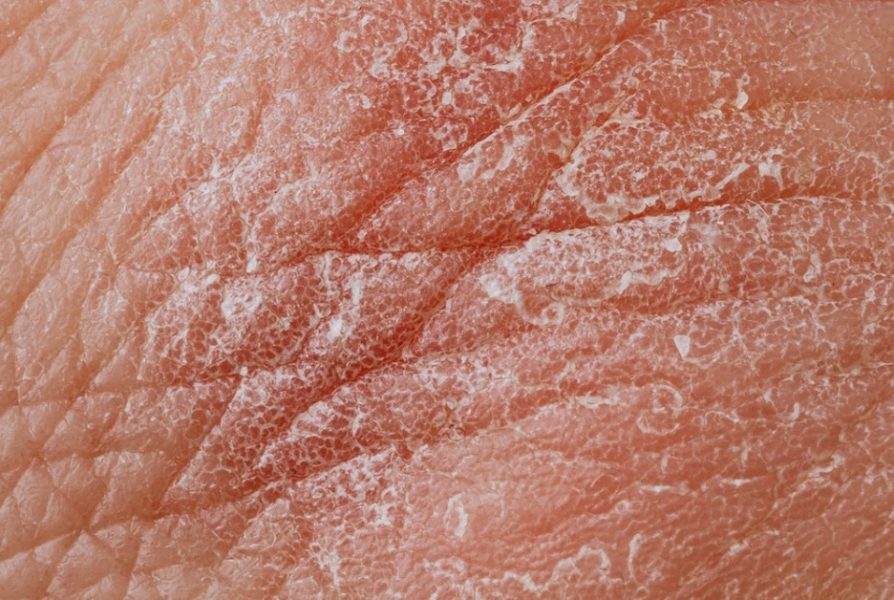Also referred to as Dermatitis, Eczema is a kind of dry skin condition. Keep reading to know more about how to treat Eczema in Neath.
Eczema is the name given to a combination of dry skin complications that result in patches of soreness, redness, and irritation. A variety of Dermatitis can be included in this category, such as Atopic Dermatitis, Contact Dermatitis, and Seborrhoea Dermatitis.
Causes of Eczema and Dermatitis
Atopic Dermatitis is the most common of all types of Eczema. In about 8 out of 10 cases in children, both parents suffer from the condition.
Eczema can be passed down hereditarily. Nevertheless, environmental factors can also increase the chances of developing the condition. Common triggers include dust and pollen, while things like exercise, contact with irritants, stress, and hormonal changes can also bring about a flare-up.
The condition is most common in children, but it can also affect adults. It is common in those who suffer from allergies. It often accompanies other conditions such as hay fever. For contact dermatitis, the cause is contact with an irritating substance such as perfumed soaps, detergents, or latex.
For more information about the causes of Dermatitis and how to treat Eczema in Neath, check out our previous blog post here:

Symptoms of Eczema and Dermatitis
Eczema manifests itself in patches of dry skin that are often red, scaly, and itchy.
In more severe cases, these patches can become blistered, and the skin cracked. The symptoms and levels of severity of Eczema and Dermatitis vary between individuals, but common symptoms include crusting, cracking, skin flaking, and oozing or bleeding in serious cases.
How do you treat Eczema in Neath?
In order to most effectively treat Dermatitis or Eczema, it’s crucial to have a correct diagnosis to ensure you are using the right products.
Your pharmacist may commonly prescribe anti-inflammatory medications such as topical steroid creams and ointments, or oral systemic corticosteroids can also be prescribed. Antihistamines to help alleviate the itchiness can also be prescribed, as can calcineurin inhibitors or drugs that help to reduce inflammation. Your doctor or dermatologist may also recommend the use of specially formulated moisturisers that help to rehydrate and repair the skin. At the same time, moderate to severe cases of Dermatitis or Eczema may require a course of phototherapy or light therapy. During this treatment, the affected skin is exposed to ultraviolet waves, which can calm inflammation while increasing vitamin D production.

How to ease your symptoms
There are some things that you can do to make life with Eczema or Dermatitis more comfortable. Having a warm bath and moisturising immediately afterward to help seal in hydration can help alleviate the symptoms of Eczema. It can further moisturise your skin throughout the day. Those who suffer from contact dermatitis should refrain from using perfumed fabric softeners or soap. They should use mild soaps and other fragrance-free products specially formulated for sensitive skin.
Finally, identifying the triggers is key, as once isolated, you can avoid these to reduce the inflammation and discomfort caused by Eczema and Dermatitis.
For Minor Ailment Treatment services, get in touch with us today or book your appointment.
This blog post was written on behalf of The Health Dispensary by Pharmacy Mentor.


